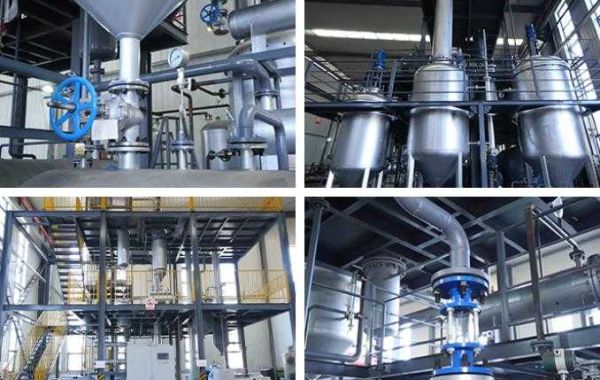The Problem with Improper Disposal
When used engine oil is dumped down drains, poured on the ground, or disposed of in landfills, it contaminates soil, water, and air. This contamination harms wildlife, pollutes water bodies, and contributes to air pollution. Moreover, it renders the soil infertile, affecting agricultural productivity.
The Importance of Recycling
Recycling used engine oil is a sustainable and environmentally responsible choice. The oil can be re-refined into base oil, a key component in new motor oil, lubricants, and other petroleum-based products. This process conserves natural resources and reduces the demand for crude oil.
The Role of Consumer Awareness
Consumer awareness is the cornerstone of successful recycling programs. When individuals understand the environmental consequences of improper disposal and the benefits of recycling, they are more likely to participate in recycling initiatives. Here's how consumer awareness can impact recycling rates:
Demand for Recycling Facilities: Increased awareness can lead to a higher demand for convenient and accessible recycling facilities. This encourages businesses and municipalities to invest in such infrastructure.
Support for Recycling Programs: Informed consumers are more likely to support government policies and regulations that promote recycling and discourage improper disposal.
Personal Responsibility: Educated individuals are more likely to take personal responsibility for proper disposal of used engine oil, reducing the amount of oil that ends up in the environment.
How to Increase Consumer Awareness
Educational Campaigns: Conduct informative campaigns to highlight the environmental impact of improper disposal and the benefits of recycling.
Collaboration with Businesses: Partner with auto repair shops, dealerships, and retailers to promote recycling and provide convenient drop-off points.
Leverage Social Media: Utilize social media platforms to spread awareness and engage with the public.
Community Outreach: Organize community events and workshops to educate residents about the importance of recycling.
By increasing consumer awareness and implementing effective recycling programs, we can significantly reduce the environmental impact of used engine oil and create a more sustainable future.








